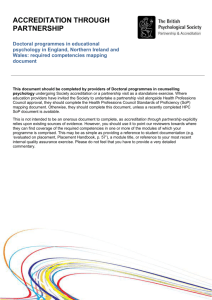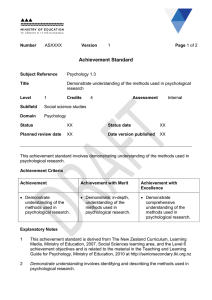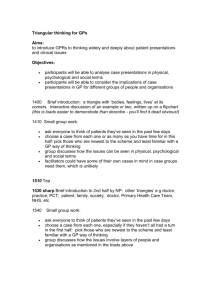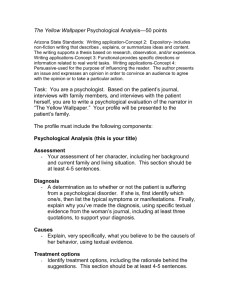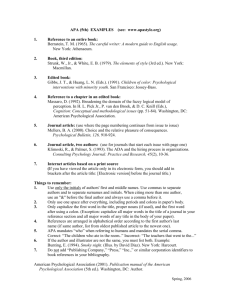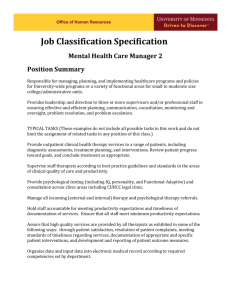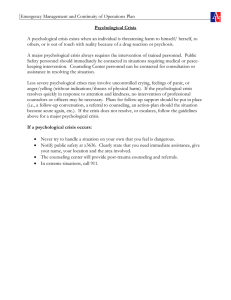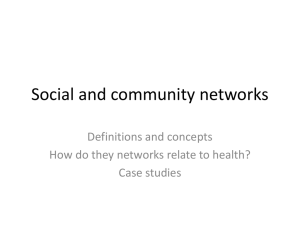The Contribution of Clinical Psychologists to
advertisement
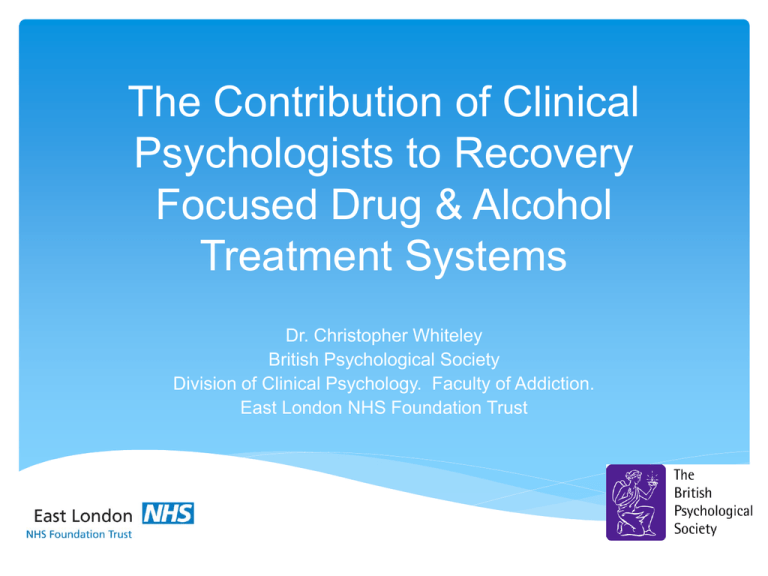
The Contribution of Clinical Psychologists to Recovery Focused Drug & Alcohol Treatment Systems Dr. Christopher Whiteley British Psychological Society Division of Clinical Psychology. Faculty of Addiction. East London NHS Foundation Trust Recovery and change “Many of the barriers / facilitators to change are psychological” (World Health Organisation) Building recovery capital: evidence based psychological interventions Psychological therapies for anxiety and depression Facilitating access to ETE; building confidence Managing chronic health conditions; e.g. pain Help resolve ambivalence; Motivational techniques Human Capital Physical Capital Cultural Capital Social Capital Building on strengths and resilience's – Solution Focused Therapy Maintain accommodation by sustaining recovery; Relapse Prevention Sustain and improve relationships; family therapy, BCT Facilitate engagement with community resources; SBNT, CRA Competences of a clinical psychologist P S Y C H O L O G I C A L Leadership: T H E O R Y Service Users Governance of psychological interventions Organisational change; fostering recovery oriented services Family, peers Multiple therapeutic orientations Practitioner: Researcher Staff training & supervision in PSI Organis ations Direct interventions for complex problems Innovations from new research evidence Evaluate the effectiveness of services, feedback & change Commun ities Could do more…… Family & peers Organisations Community • Behavioural Couples Therapy • 5 Step Intervention • Recovery focused risk taking • Build constructive relationships with external organisations (e.g. Educational providers) • Reducing stigma, challenging myths in employers • Support the development of peer & community networks

